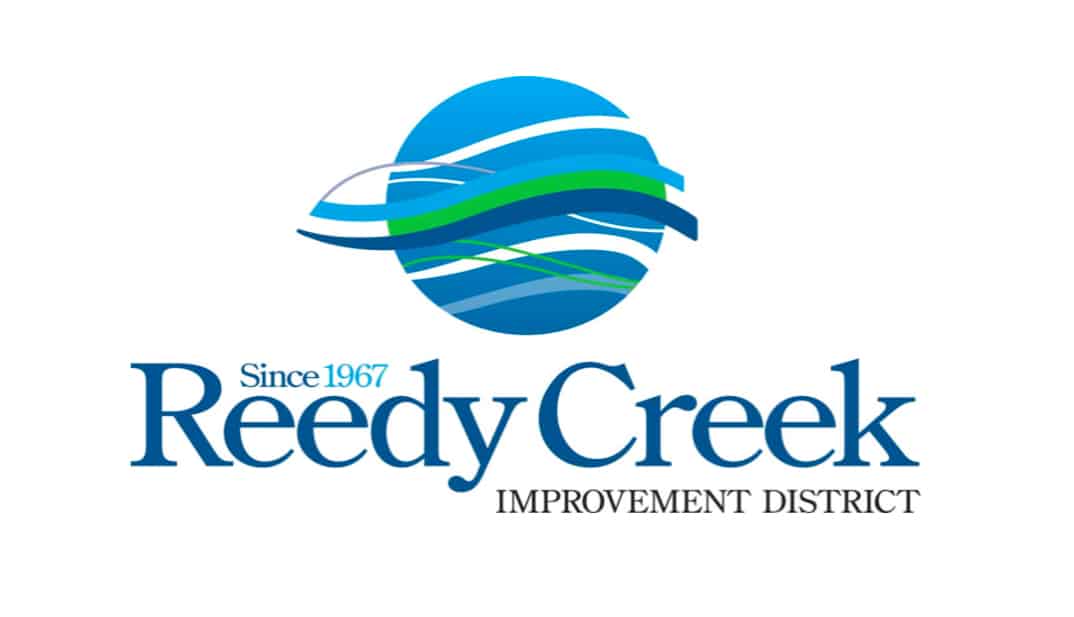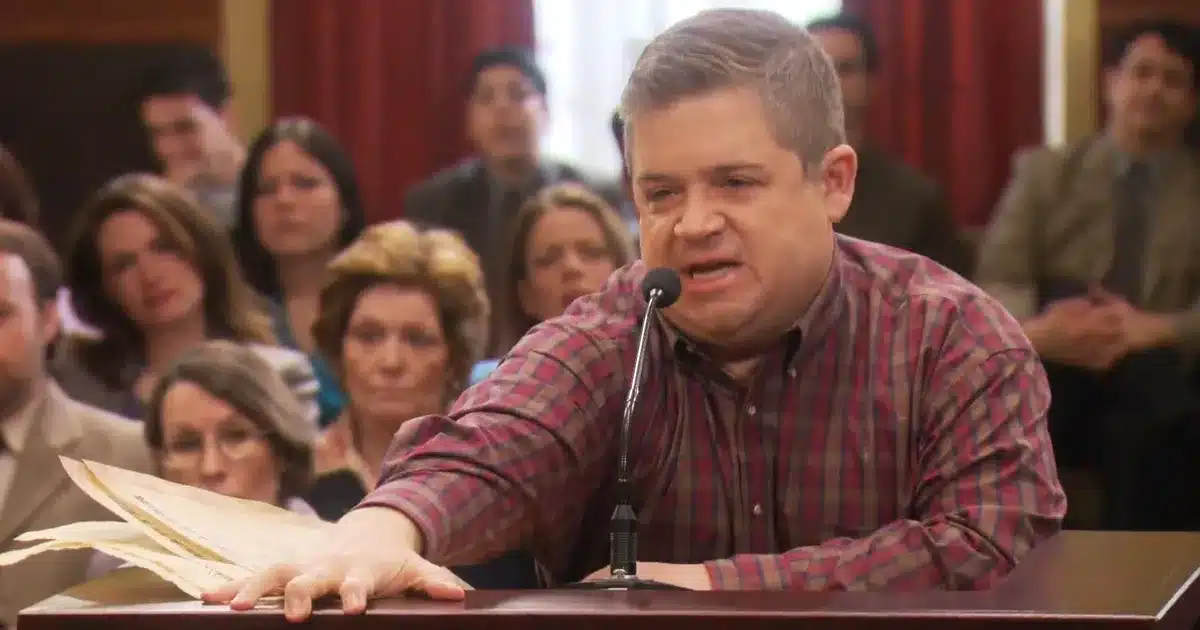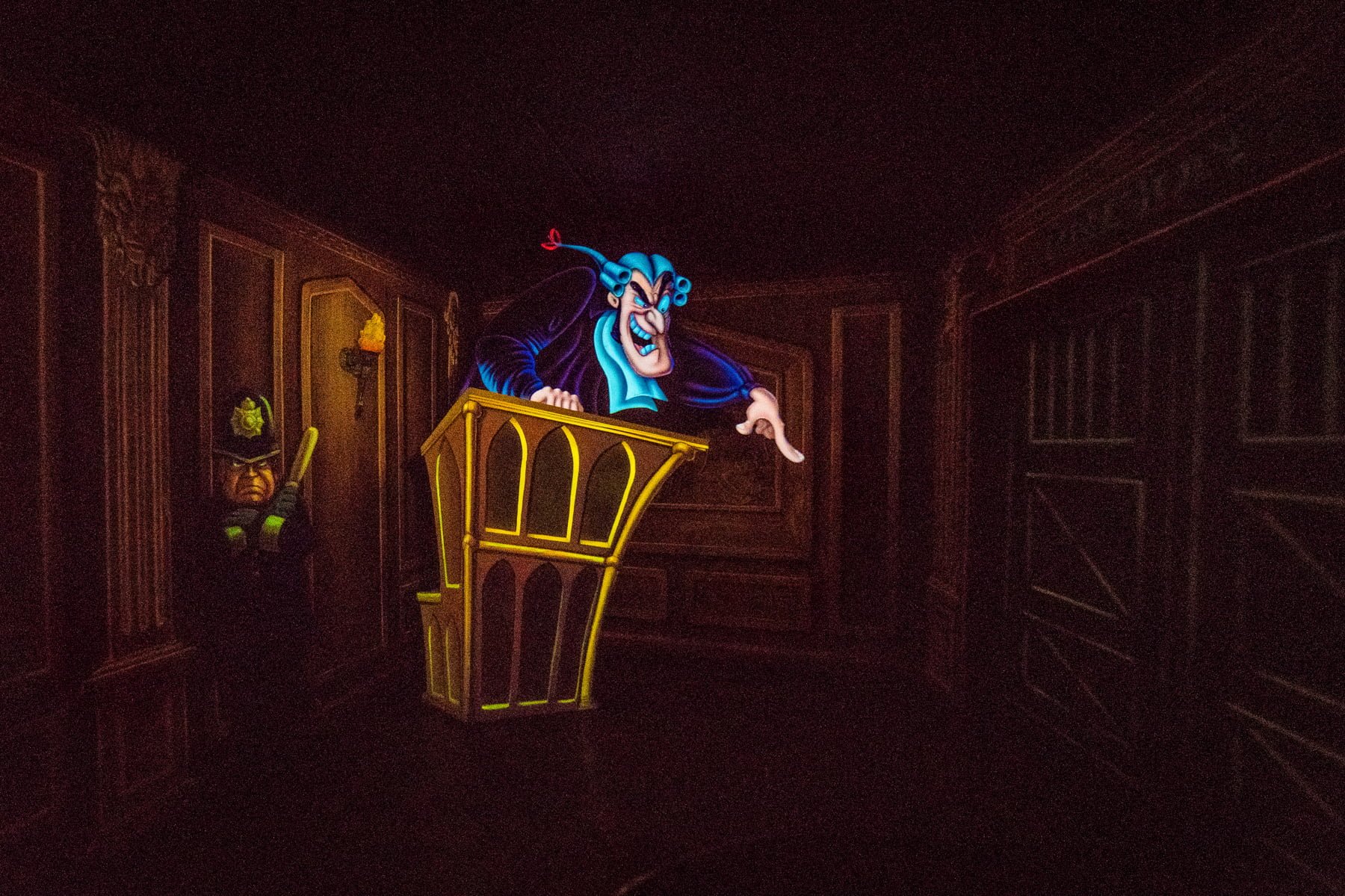
At their second meeting, Reedy Creek replacement board discussed its new business, including an agenda item for potential legal challenges aimed at Walt Disney World. This post covers moves they’ve made thus far to lawyer up for litigation, what Disney did that precipitated this, and our commentary about how it all might play out.
Let’s start with a quick recap of what’s happened since we last covered the Reedy Creek Improvement District (RCID) saga. State lawmakers passed a bill that renamed the Reedy Creek Improvement District, while maintaining the special district’s taxing benefits and most of its unique authorities (with some exceptions). The key change was that the Governor of Florida would appoint the district’s board.
Governor DeSantis thereafter signed the bill into law, and appointed members to the newly-dubbed Central Florida Tourism Oversight District (CFTOD). At a press conference, DeSantis announced his five appointees, all of whom are political donors or loyalists, while also proclaiming that there’s a “new sheriff in town” and promising “accountability” for Disney.
Among many other things, DeSantis claimed that the board members would ensure that Walt Disney World will be “what Walt envisioned,” and gave examples of limits his appointees could impose and how future Disney content could be shaped.
Since then, the Central Florida Tourism Oversight District held its first meeting. That mostly revolved around firefighting, COVID-19 policies, and various grievances during a public comments section. Somewhat like a scene in Parks & Rec, but sincere and wholly unentertaining. The actual substance of the meeting was largely uneventful, in equal parts because actual governance is uneventful and because the new board members were unsure of the mechanics for conducting new business.

Someone must’ve bought a copy of Robert’s Rules of Order since then, as the second meeting of the Central Florida Tourism Oversight District was far more eventful. The new Board of Supervisors agenda for their March 29, 2023 meeting contained a plan to obtain “Additional Special Legal Counsel” (Item 8.2 starting on page 61 of the Agenda).
That reveals that the new Board of Supervisors has engaged four different law firms for the following purposes:
Cooper & Kirk will represent the District regarding certain constitutional and contract matters and potential legal challenges for matters involving the District that occurred under the prior board of supervisors and that may involve the Walt Disney Parks and Resorts U.S., Inc. and its affiliates and subsidiary and related entities.
Lawson will represent the District regarding certain constitutional and contract matters and potential legal challenges for matters involving the District that occurred under the prior board of supervisors and that may involve the Walt Disney Parks and Resorts U.S., Inc. and its affiliates and subsidiary and related entities.
Nardella & Nardella will represent the District on those matters specifically assigned by the District and accepted by the firm. Waugh Grant PLLC will represent the District and provide litigation and dispute resolution counsel for the District for any matters designated by the District.
According to reporting from the Orlando Sentinel and WESH’s Bob Hazen, the new Board of Supervisors took issue with a 30-year development agreement made between the Reedy Creek Improvement District and the Walt Disney Company prior to the new Board of Supervisors taking over.
Those agreements consist of restrictive covenants, license agreement, and developer’s agreement that were discussed at a public hearing by RCID on February 8. (The relevant documents can be found here.)

Central Florida Tourism Oversight District asserts that this renders them powerless to offer any oversight over Walt Disney World’s tourist district in Central Florida, effectively undermining their very name! The CFTOD contends that clandestine covenants were made, tying the hands of future board members for decades, according to a legal presentation by CFTOD lawyers during the meeting.
The agreements approved by the prior Board of Supervisors contains language that allows the agreement to remain in effect in perpetuity (or “until twenty one (21) years after the death of the last survivor of the descendants of King Charles III, King of England”) without regard for future action by the new board.

Disney really covered their bases with the agreement, dictating general maintenance standards and including a section titled “Prohibition On Use Of Disney Name.” Among other things, this provides that RCID and its successors (that means CFTOD) cannot use the “Disney” name, nor can it use “any of the fanciful characters (such as Mickey Mouse), designs, symbols, representations, figures, drawings, ideas or other intellectual property owned, developed or created by” Disney in any manner whatsoever. So I guess a King Mickey Mouse meet & greet at the next CFTOD meeting is really out of the question!
Upon discovering these restrictions, the CFTOD’s new Board of Supervisors voted to bring in outside legal counsel to examine the agreement, with one lawyer in attendance presenting on behalf of CFTOD suggesting they should hire more law firms so CFTOD can challenge Disney on even footing, using firms with “deeper bench.”

“We’re going to have to deal with it and correct it,” board member Brian Aungst Jr. said. “It’s a subversion of the will of the voters and the Legislature and the governor. It completely circumvents the authority of this board to govern.”
Board member Ron Peri added: “This essentially makes Disney the government. This board loses, for practical purposes, the majority of its ability to do anything beyond maintaining the roads and maintaining basic infrastructure.”

CFTOD board chair Martin Garcia argued that because of how rich and powerful Disney is, the Board of Supervisors may have to take an “adversarial position” against the company. Garcia further suggested that they might have to go all the way to United States Supreme Court in “protracted litigation” against the Walt Disney Company.
After the meeting was over, Disney released the following statement: “All agreements signed between Disney and the district were appropriate and were discussed and approved in open, noticed public forums in compliance with Florida’s Government in the Sunshine law.”

In terms of commentary, I don’t really know what to say. Throughout the Reedy Creek battle, every effort to predict specific outcomes based on legal analysis has proven futile. In our most recent article that touched upon the RCID takeover, I conceded that this was not how I expected the saga to play out.
With that said, there’s one way I’ve been right on the money all along: that this is not about the law, passing meaningful legislation, or the tough and thankless work of local governance. It’s about political theater; scoring a “win” in today’s era of ‘politics as team sports’ and the ongoing culture wars. The goal isn’t to govern; it’s to grab headlines and dominate the news cycle.

Serious analysis isn’t appropriate here because these aren’t serious people with sincere motivations. That’s likely why Disney opted against fighting this previously and instead put out deferential and conciliatory statements. The company’s calculus was that it’s not as easy to “fight” a one-sided culture war. The satisfaction was in the struggle.
For Disney, it was a matter of choosing the least-bad option and hoping they picked wisely, both in the short and long-term. As we pointed out previously, Disney would be correct assuming that it was dealing with rational actors. The interests of the Central Florida Tourism Oversight District and Walt Disney World would be aligned, as both would want to promote tourism and grow the local economy. However, that’s a fairly bold assumption in the actual current environment.

It’s difficult to say what’s happening here. Did Walt Disney World and Reedy Creek Improvement District execute agreements they otherwise wouldn’t have as an “insurance policy” to give them certainty during an uncertain time? Probably.
Were these agreements “unlawful,” “unusual,” or “suspect” as the new Board of Supervisors claims? Those words are not even remotely synonymous. Not a lot of precedent exists for a corporation to have its own special district that allows said company to act as its own government, so technically, anything that district does is “unusual.” That doesn’t make it unlawful or suspect, especially if those moves are made with transparency and in compliance with Florida law.

Moreover, I wouldn’t trust the assertions of board members who, as recently as this month, did not know how to accomplish the most basic component of the job that they were appointed to do. These individuals not knowing about the existence of an agreement does not make it unlawful, unusual, or suspect. I’ve never visited Massachusetts, but that doesn’t mean it doesn’t exist.
Based on the public record, the agreement between RCID and Disney was made out in the open, following proper notice and hearing requirements. It’s openly available for viewing online. Current CFTOD board members could’ve attended that meeting if they so desired, just as I could board a flight to Boston or wherever.

It’s also entirely possible that the new Board of Supervisors doesn’t believe what they’re saying, and that this is more grandstanding. They needed to find a way to remain relevant and in the spotlight, and not burdened by the unpleasantness of local governance or administrative law. (Ew.) Since Walt Disney World wasn’t helping them out by sticking with the fight, they found a new and exciting way to revitalize it. Beats doing actual work!
In fairness, it also doesn’t mean that the new Board of Supervisors is wrong. It’s entirely possible that these agreements are all of the things that the new-look CFTOD claims. Maybe Walt Disney World wanted to cease the public fight, but give themselves an insurance policy. That could be precisely why the company has released the conciliatory statements–because they knew it didn’t really matter and the new board would have its hands tied.

Perhaps the Walt Disney Company is playing 4D chess, and their calculus is that this new board challenging agreements in court is the better course of action than Disney suing the state. This route definitely does seem more boring and dull, and less likely to garner headlines and captivate the attention of more mainstream audiences. The thing is, we don’t know and won’t know until this is dragged out for more months and/or years, or until the parties tire of it and move on.
Honestly, even as someone who enjoys the Walt Disney Company’s inner-workings, palace intrigue and political machinations, I’m exhausted by all of this. Some of the verbiage in the Developer’s Agreement from February 8 is mildly humorous, but I know that amusement will quickly give way to more unpleasantness. Even as I wasn’t wild about the overall outcome of the Reedy Creek replacement, I was more than ready to put this whole saga in the rearview mirror, hoping that CFTOD just go about its mundane day-to-day business. The characters are one-dimensional and cliche, and the writing in this season has gotten tedious and lazy. If I want dumb drama masquerading as something more, I’ll just watch Succession.
Planning a Walt Disney World trip? Learn about hotels on our Walt Disney World Hotels Reviews page. For where to eat, read our Walt Disney World Restaurant Reviews. To save money on tickets or determine which type to buy, read our Tips for Saving Money on Walt Disney World Tickets post. Our What to Pack for Disney Trips post takes a unique look at clever items to take. For what to do and when to do it, our Walt Disney World Ride Guides will help. For comprehensive advice, the best place to start is our Walt Disney World Trip Planning Guide for everything you need to know!
YOUR THOUGHTS
What is your reaction to the latest season of the Reedy Creek Improvement District drama? Keep the comments civil, and avoid personal attacks or perpetuating pointless culture wars. Respectfully debating the change is totally fine, but don’t attack others or troll for controversy. That’s why Facebook was invented.





